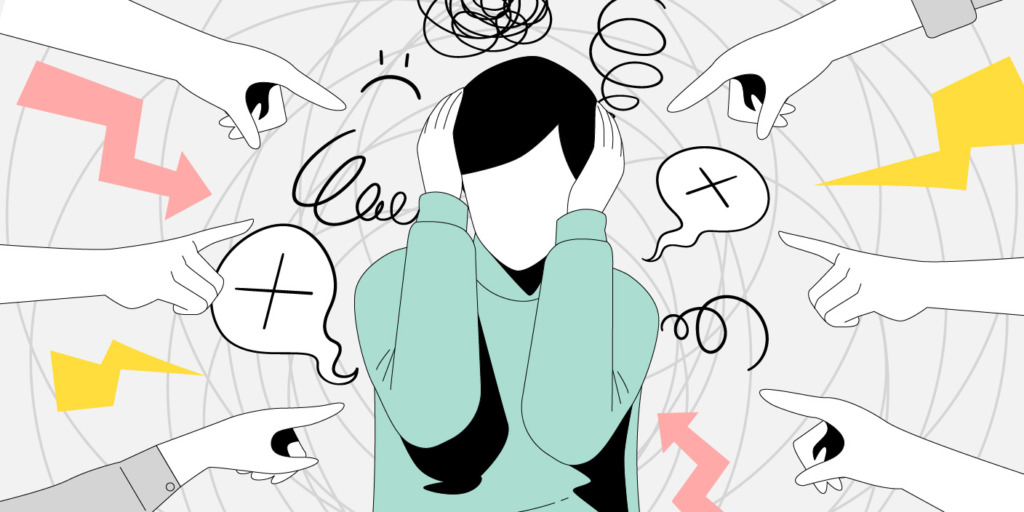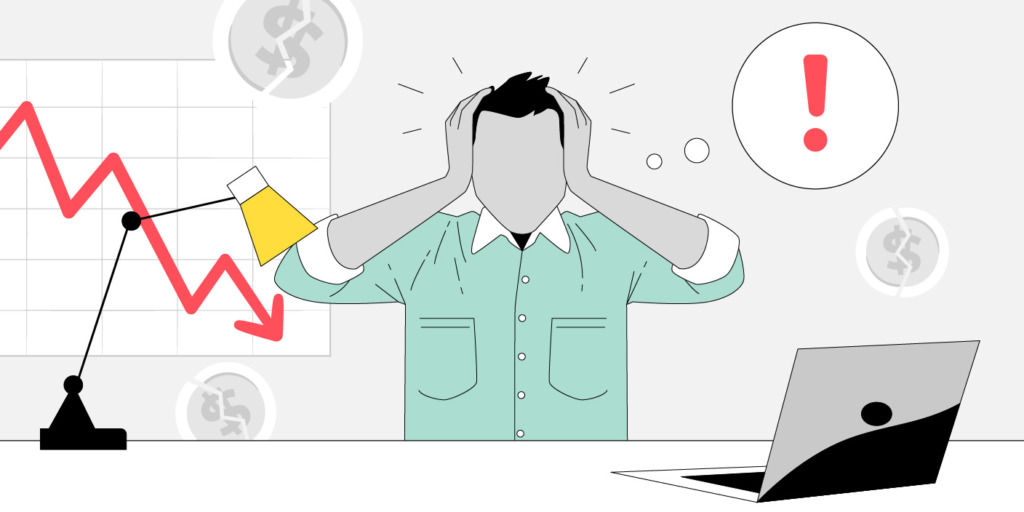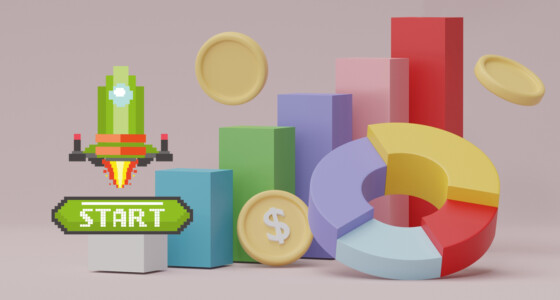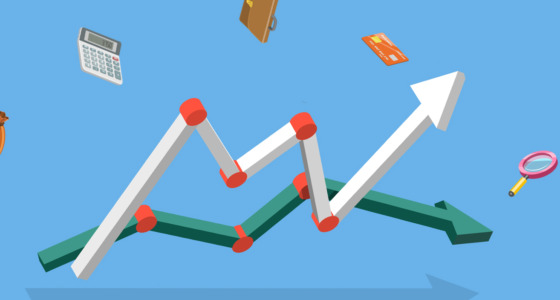

Emotions in trading and investing aren’t that bad. Researchers from Columbia University found that emotional experiences allow people to process information better. The emotional oracle effect, as they call it, is an intriguing phenomenon: individuals who trust their feelings are better at predicting future events than those who don’t.
Does it mean emotional trading makes you a better trader? Well, no. But it shows that you shouldn’t run away from your feelings.
Let’s talk about what emotions are mostly harmless and finish up with a few recommendations on how to control emotions in trading.
Why traders feel emotions

When traders get bad news about a stock they hold, they naturally get scared. When they have an open position with a currency pair and the economy of the base currency is looking up, they get excited. When they start trading new markets, it may be confusing. It’s all part of the process.
You can’t avoid feeling something. There are emotions in stock trading just like there are emotions in Forex trading, or any other market, for that matter. When you put your money into something, it’s impossible to completely shut off what makes you human.
Emotions have helped humans survive thus far and helped them rapidly reorganize their mental and bodily resources to act and react. So, why do traders feel emotions? Because it can’t be any other way.
Why shame is often unproductive in trading

Shame is also a survival mechanism. It performs an important role in maintaining ties to the social fabric, coercing people into behaving in certain acceptable ways. But often, your mind uses it to hold you back and beat you down.
Shame, which is different from feeling personally responsible for your decisions and outcomes, is a destructive emotion because it can direct you into destructive behaviors.
A part of managing emotions in trading is recognizing that you will sometimes feel emotional. You shouldn’t feel guilty for acting human. If a certain emotion caused you to make a bad decision, take it as a learning experience rather than a personal shortcoming.

Completely normal emotions you shouldn’t feel bad about
Even when you hear that there should be no emotions in trading, make a personal note that some emotions are okay. As long as you don’t make decisions based on the following emotions alone, you can experience them without shame:
1. Worry
A moderate, localized level of worry can be beneficial. For example, Australian authorities learned that worrying about wildfires makes people more prepared for emergencies. They added that future-focused worry is associated with a greater potential to be adaptive. That is not the case for ruminations about the past.
Similarly, if you worry about your trading assets in a constructive way, you are more motivated to protect them. You find reasons to prevent unfortunate things from happening or at least prepare for them.
2. Disappointment

There’s no harm in dreaming big, like making the best trade of your life or becoming the most successful trader. But if things don’t go as planned and your expectations crash to the ground, the waves of disappointment can eventually make you more resilient.
Disappointment only shows that you are serious about your goal. Just like worry, it can increase your drive to be successful. And, of course, it keeps you grounded and keeps your visionary passions more practical and realistic.
3. Pride
Despite what everybody says, a certain kind of pride can be a virtue. People who reported feeling proud for resisting temptations were more likely to make better choices. If they didn’t procrastinate and felt proud of it, they became more productive.
Authentic pride is achievement-oriented. So, if you’ve accomplished a trading goal, you are more than welcome to feel proud of it. Thus, pride makes you feel good and indicates that you are behaving in a way that aligns with the values of society.
These aren’t the only “good” emotions in trading, but these had the worst reputation.
How to deal with emotions in trading
Instead of practicing how to avoid emotions in trading, why not focus on something productive? Like living through emotions and becoming a better trader as a result.
Here is how you can always stay in control of your emotions:
- Keep tabs on how you’re feeling and name your emotions as you’re experiencing them.
- Put some distance between your feelings and your actions, mentally and physically.
- Trust data and your trading strategy.
- Move at your own speed, be it trading once a day, once a week, or even once a month.









